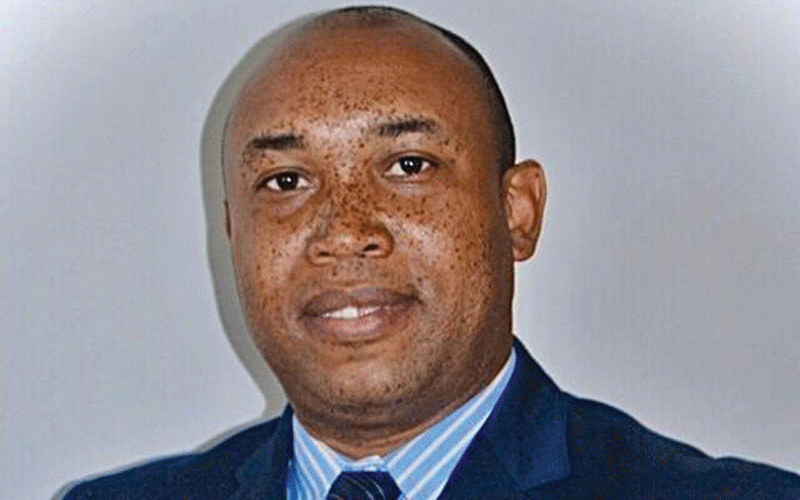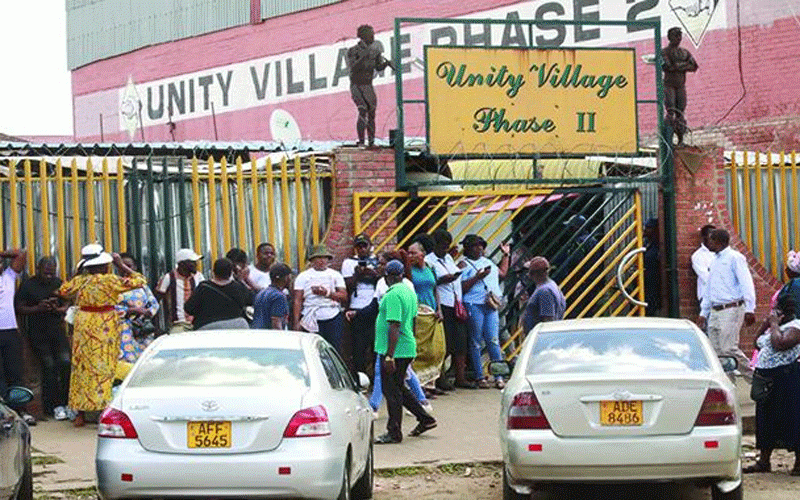
ZIMBABWE'S hospitality industry must increase its room stock by 6 000 to meet a projected surge in demand as global tourism improves, a leading executive said this week.
The Zimbabwe Tourism Authority has been on an aggressive drive to market Zimbabwe, which has seen the country increasing arrivals this year.
“There are still opportunities for investment in the accommodation sector with a deficit of at least 6 000 rooms countrywide,” Hotel Association of Zimbabwe (HAZ) president Farai Chimba told businessdigest.
He raised fears that the sector may fail to capitalise on ongoing programmes meant to bolster the industry’s performance.
“Bulawayo and the Eastern Highlands could benefit from more rooms to absorb domestic demand,” Chimba said, noting that the industry should prepare for higher traffic as the country holds major conferences.
Estimates indicate that the country will require an additional 20 000 rooms in its hotels by 2030.
But officials said the current stock of rooms was way below this number.
Chimba said investments in accommodation would be key for the meetings, incentives, conferences and exhibitions (MICE) and tourism segments.
- HAZ to tap into digital opportunities
- Tourism package remains elusive
- HAZ to tap into digital opportunities
- Tourism package remains elusive
Keep Reading
He said there was need for timely operationalisation of special economic zones to unlock investment opportunities in tourism.
The HAZ boss also said supply and demand factors affect pricing in the tourism industry.
“There are key fundamentals that affect pricing. Among them are supply and demand factors. These determine pricing in most cases. Room stock for Victoria Falls is below 2 900,” he said.
“Mainstream hotels account for less than 1 200 rooms. Neighbouring Botswana, which you have mentioned, has a much more limited room stock and contrary to belief, their product is much more expensive due to high demand on low room stock.”
Tourism players have in the past complained about the licencing regime, which they said was too cumbersome and was affecting their operations.
“A financing cocktail is needed that gives lower interest rates along with grants and concessions on some of the licences and statutory obligations that haunt the industry,” Chimba said.
“As global travel resumes, in Africa, we must be geared up for new travel trends. We have no doubt we can achieve the accelerated growth that comes with it with sound marketing and promotional initiatives on the global and regional markets.”







